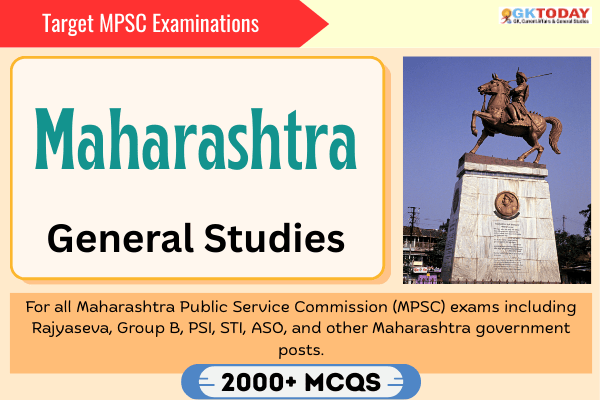U.S. Imposes Sanctions on Colombian President Gustavo Petro Under Anti-Drug Order

The United States Treasury Department imposed sweeping sanctions on Colombian President Gustavo Petro, his family, and key officials on 24 October 2025, in an unprecedented diplomatic rupture between the two countries. The sanctions, issued under Executive Order 14059, freeze any U.S. assets of those targeted and prohibit American entities from engaging in transactions with them.
Sanctions and Official Justifications
The Office of Foreign Assets Control (OFAC) named Gustavo Petro, First Lady Verónica Alcocer García, their son Nicolás Petro Burgos, and Interior Minister Armando Benedetti in the sanctions list. U.S. Treasury Secretary Scott Bessent accused Petro of “allowing drug cartels to flourish,” linking the decision to record-high cocaine output in Colombia. Former President Donald Trump, who currently leads the U.S. administration, hailed the measures as “strong actions to protect the nation” against the drug trade.
Under the executive order, the sanctions specifically target individuals contributing to global narcotics trafficking networks. American citizens and companies are barred from engaging in any business with those listed, effectively isolating them from U.S. financial systems.
Background on Petro’s Policies and Drug Challenges
Gustavo Petro, Colombia’s first left-wing president, came to power in 2022 promoting his “total peace” policy — an initiative focused on dialogue with armed groups rather than military confrontation. His government reduced forced eradication and aerial fumigation of coca, opting instead for social investment and voluntary crop substitution.
While his administration defended the approach as humane and development-focused, the policy coincided with a surge in coca cultivation. According to the U.N. Office on Drugs and Crime, Colombia recorded 253,000 hectares of coca crops in 2023, a historic high. Critics in both Bogotá and Washington argue the softening of anti-drug operations has emboldened cartels.
Escalating Diplomatic and Security Tensions
Relations between Washington and Bogotá have rapidly deteriorated. Earlier in September 2025, Trump’s government declared Colombia a “major illicit drug producing country,” ending decades of cooperative status. The U.S. subsequently launched maritime operations targeting suspected smuggling vessels, prompting Petro to accuse Washington of “extrajudicial executions.”
Adding to the rift, Trump froze all American aid to Colombia — over $377 million annually — and threatened tariffs on Colombian exports. Analysts link the measures not only to drug policy disputes but also to Petro’s outspoken criticism of U.S. foreign policy, particularly over Gaza and Israel.
Reactions and Regional Fallout
President Petro denounced the sanctions as “a paradox” and vowed to contest them legally. Colombia recalled its ambassador to Washington, while Venezuela and other Latin American governments condemned the U.S. move as “neocolonial interference.”
Exam Oriented Facts
- Executive Order 14059 authorises sanctions against individuals involved in global narcotics trafficking.
- Colombia’s coca cultivation reached a record 253,000 hectares in 2023, per UNODC data.
- Petro is Colombia’s first leftist president, elected in 2022 with 50.4% of the vote.
- The U.S. previously sanctioned a sitting head of state — Nicolás Maduro of Venezuela — under similar grounds.
Economic and Political Implications for Colombia
The sanctions could cripple Colombia’s financial standing, with banks expected to freeze accounts linked to Petro and associates. Suspension of U.S. aid and potential tariffs threaten to undermine Colombia’s trade and investment environment. Domestically, Petro’s supporters have mobilised protests denouncing foreign interference, while the opposition views the sanctions as a diplomatic humiliation. Analysts warn that this marks one of the most serious rifts in U.S.–Colombian relations in decades, with long-term consequences for regional stability and counter-narcotics cooperation.







